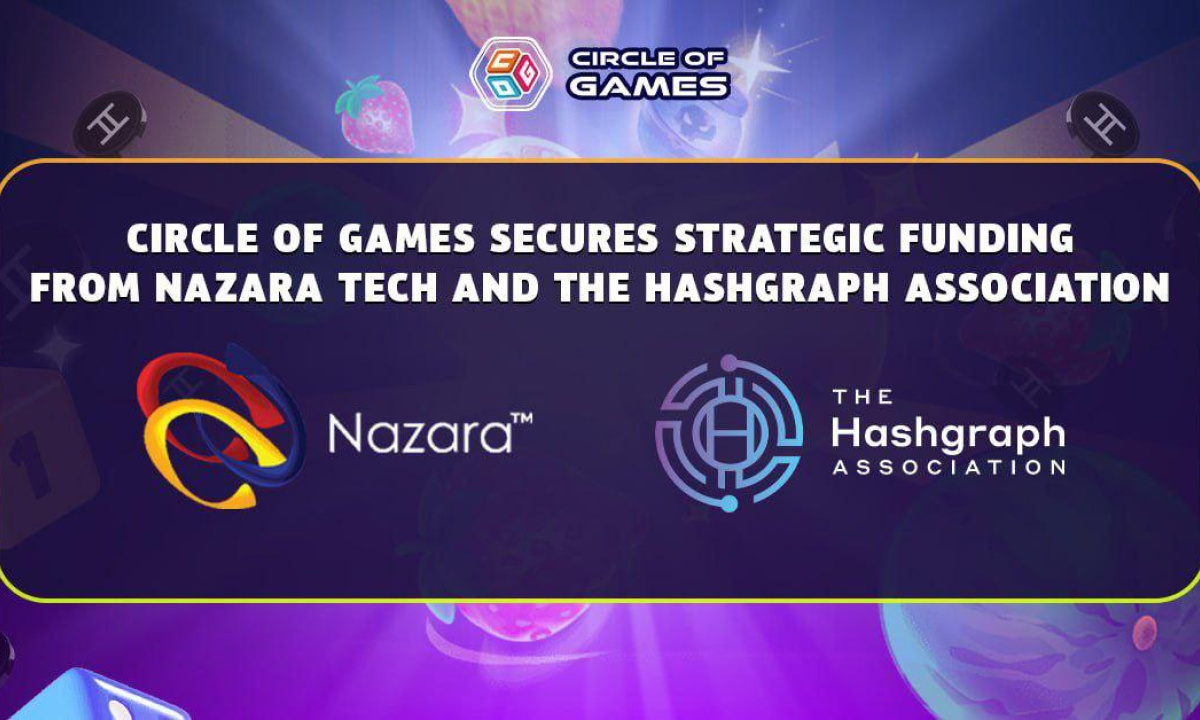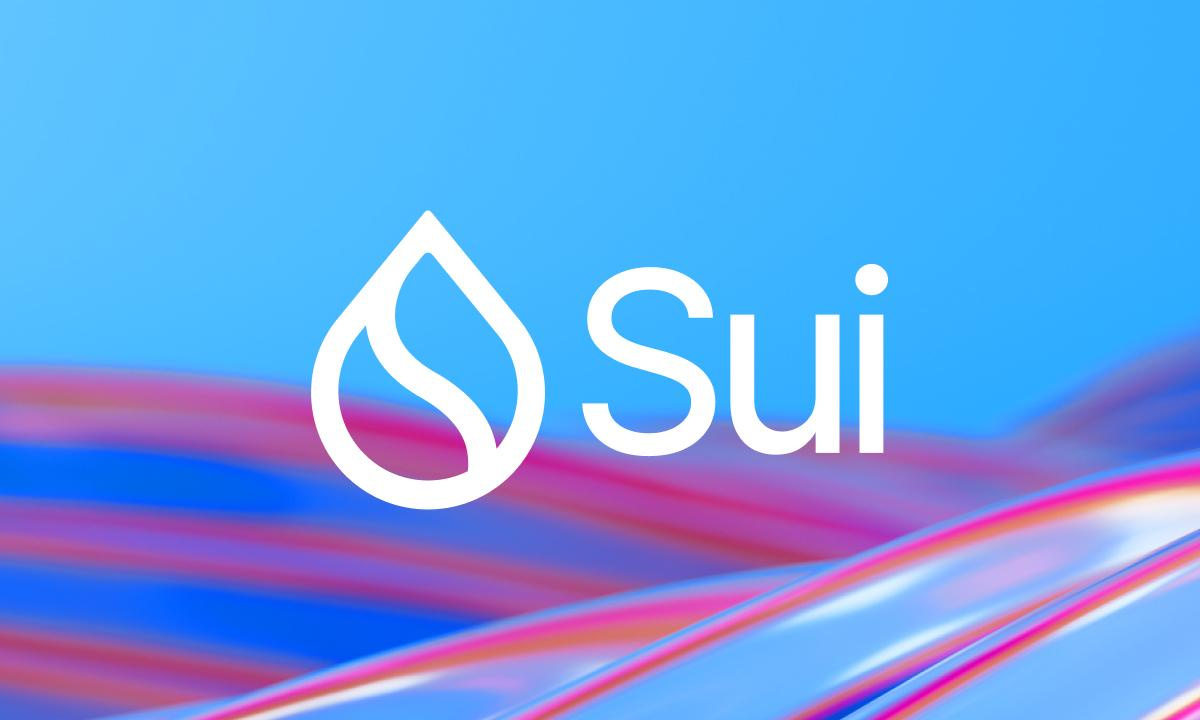Published
6 years ago on
January 12, 2018
EOS – the sleepy giant is finally waking up
There is no denying, the world we currently live in has become completely infatuated with all kind of social networks. Anonymity is now a privilege and some may argue, nearly impossible to achieve.

Breaking News
April 18, 2024
Worldcoin To Launch World Chain for Enhanced User Experience

Breaking News
April 18, 2024
EY Debuts Ethereum-Powered Blockchain Solution for Streamlining Complex Contracts

Bitcoin
April 18, 2024
Stacks (STX) and Microstrategy (MSTR) are excellent bitcoin (BTC) leverage plays

Breaking News
April 18, 2024
Worldcoin To Launch World Chain for Enhanced User Experience

Breaking News
April 18, 2024
EY Debuts Ethereum-Powered Blockchain Solution for Streamlining Complex Contracts

Bitcoin
April 18, 2024
Stacks (STX) and Microstrategy (MSTR) are excellent bitcoin (BTC) leverage plays

PR
April 18, 2024
Circle of Games secures $1 million of strategic funding from Nazara Technologies and The Hashgraph Association

PR
April 18, 2024
ceτi AI Acquires Big Energy Investments Inc. to Boost Its High-Performance Computing Capabilities in North America

PR
April 18, 2024
